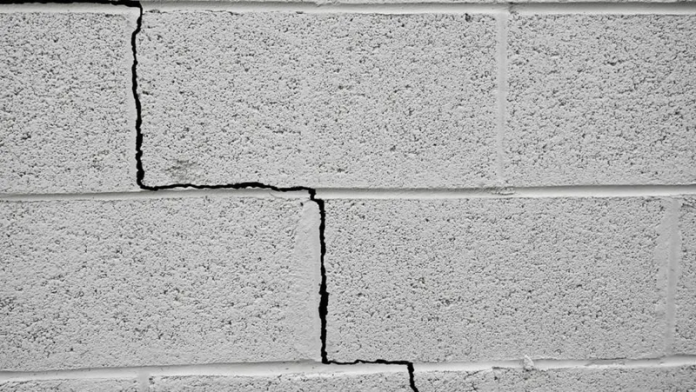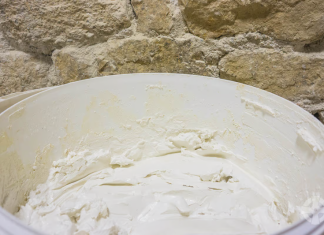Foundation cracks are a concern for many homeowners, but not all foundation fractures compromise the strength of your house’s structure. Sometimes, cracks occur when shrinkage occurs throughout the concrete curing process, and they can be unattractive. These ugly, non-structural shrinkage cracks, which are frequently hairline fractures, don’t pose an immediate threat to your house. However, structural cracks are another matter altogether.
In Charlotte, NC realtors say that a homeowner or prospective buyer should be aware of several indicators pointing to a potential foundation problem or concern.Look for the following things around your house:
- Wavy or sagging roof
- Doors and windows with warped or racked gaps
- Brick siding with cracks
- Stucco splits
- Broken or missing floor tiles
- Cracked corners of the doors and windows
- Door openers or self-closing doors
- Rubbing and sticking windows and doors
- Concrete slab or garage floor cracks
- Unlevel or sloping flooring
- Squeaky floors
- Wall and ceiling cracks
- Bowing or leaning walls of the foundation
- The chimney is leaning away from the house.
Types of cracks to be worried about if they appear in your foundation
Cracks in the structural foundation
A structural crack is at least 14″ wide and causes the foundation wall to feel uneven.If your foundation has a structural crack, you might require an engineer’s specs to fix the basement foundation
Horizontal foundation cracks
You should consider fixing your foundation if you have horizontal cracks since they are severe. These result from the soil’s continual expansion and contraction (primarily due to clay content). This exerts significant strain on the basement walls. Some of the walls may be bowing.
Wall cracks near your foundation
Various things can harm foundation walls. Poor construction, water damage, or settlement are all potential causes. Applying sealants, epoxy injections, or hydraulic cement, as well as providing drainage, is likely necessary.
Floor cracks
The building settling, inadequate surface drainage, or leaks seeping through the floor are the three leading causes of foundation floor cracks. In such a case, you must examine your pumps, weeping tiles, and drainage systems.
Here is what to do about it
Always keep an eye on the broader picture when there are foundational flaws. Consider whether there are any warning indicators that there may be foundation problems. Are the cracks getting more extensive or more numerous over the course of six months or a year?
Look for a concentration of problems, such as in the living room or the back of the house, and see if they are all in that one location.When weighing the significance of your observations, patterns are more relevant than a single event or crack. Look for movement or crack patterns, such as several doors opening or closing independently.
Also, look out for geotechnical difficulties because they might be more challenging to resolve than many other problems, particularly those like slope creep. Remember that drainage problems are one of the most damaging problems that can influence your home’s foundation, but they are frequently the simplest and least expensive to fix.
The takeaway
General contractors, house inspectors, foundation engineers, geotechnical engineers, and structural engineers are the professionals you should contact if you are worried about foundational cracks in your house.















